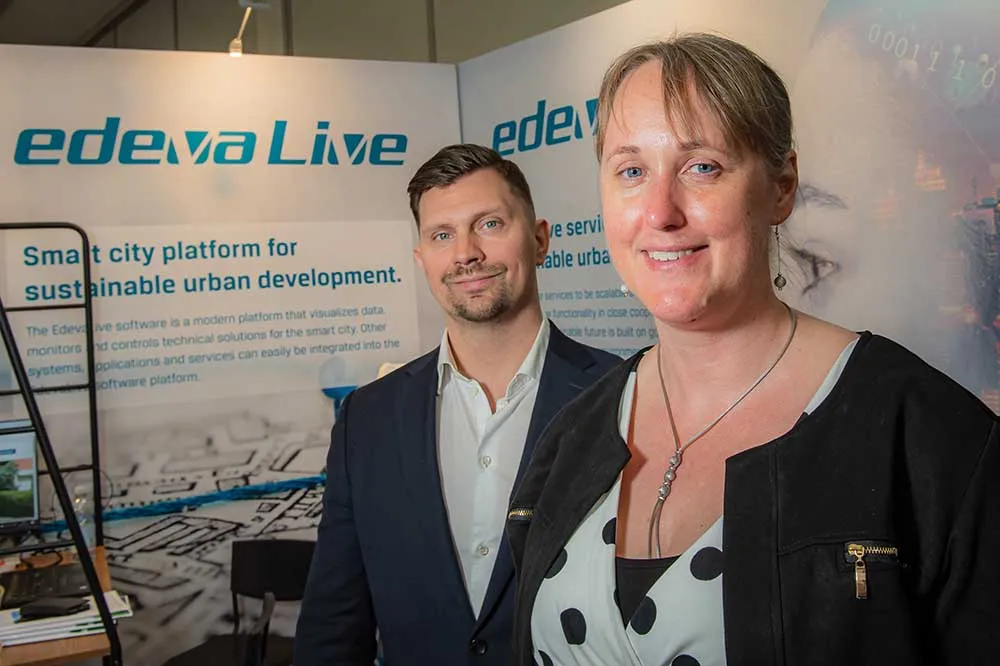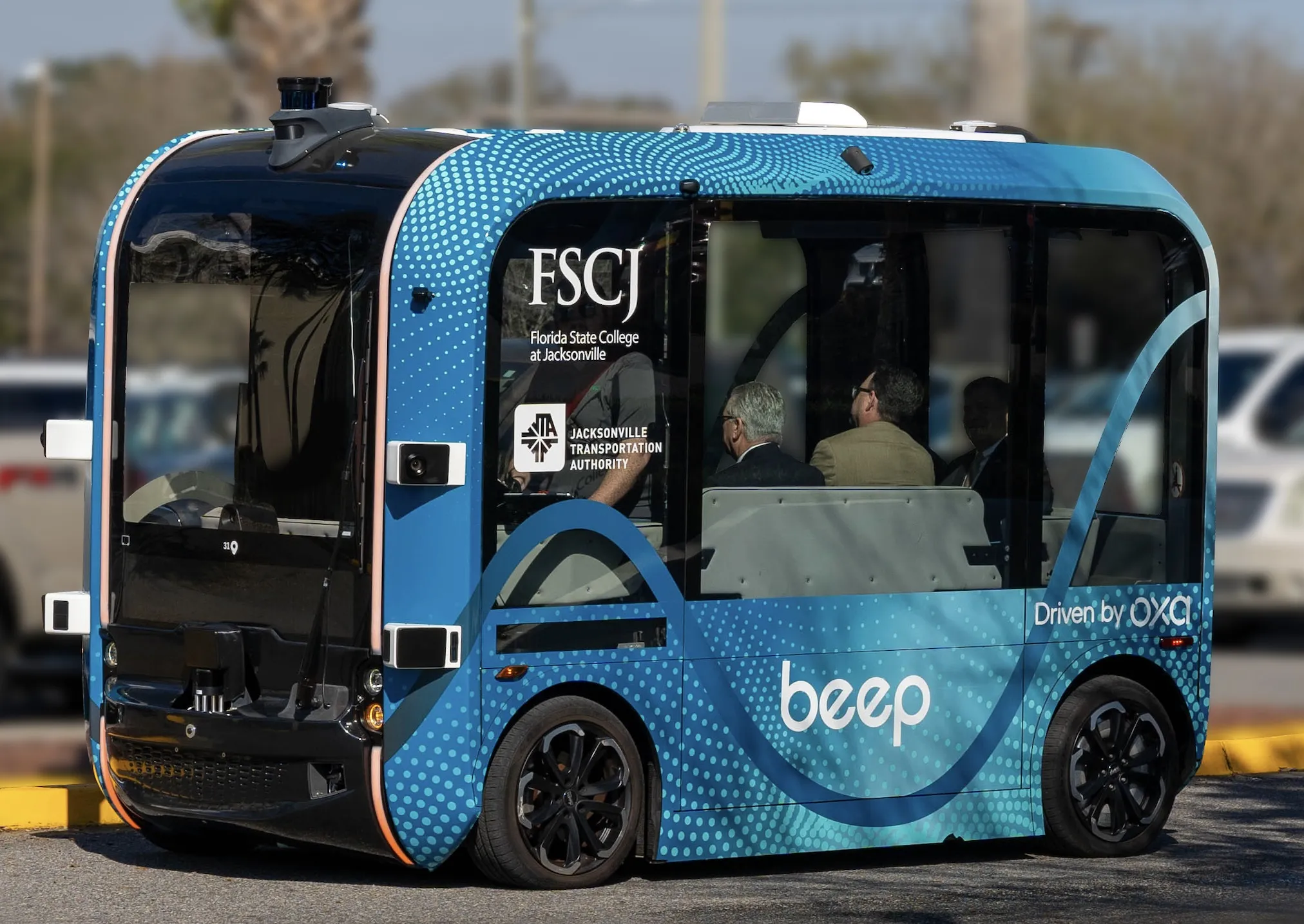GRT was subject to three tests in weather conditions such as ‘hot dry’ and ‘hot humid’ with a focus on the performance of the air conditioning system (ACS) at the vehicles maximum capacity of 24 passengers.
The simulated weather conditions included extremely high temperatures and sun radiation with average peaks in the sun radiation of 1,040 Watts per square metre and peaks in temperature of 52˚C around 3.30pm. In the climatic chamber, both peaks were simulated at the same time.
The GRT’s 16 standing passengers represented 120 Watts each and eight seated passengers each represented 100 Watts were simulated by placing a 3000-Watt heat source inside the vehicle. Part of the test focused on performance during transition: the speed at which indoor conditions are brought back to the most comfortable level for passengers after the doors close and the vehicle starts its journey. The most extreme test was based on the vehicle standing still with the doors open for six minutes, but in actual circumstances much shorter stops will be sufficient to allow 24 passengers to enter the vehicle and find their seats.
According to 2getthere the test marks another step towards the operational deployment of the system, scheduled for 2019/2020.
2getthere’s Group Rapid Transit vehicle passes desert climate test
2getthere’s Group Rapid Tansit (GRT) autonomous vehicle has proven in a simulated desert climate that it can maintain an indoor temperature of 23˚C even in the worst scenario (52˚C outside temperature and 3% humidity). The climate test took place in the Utrecht province and is one of many tests regarding the mega-order received from United Arab Emirates earlier this year. From 2020, five vehicles will perform fully autonomous shuttle services to and from Bluewater Island in Dubai.
October 26, 2017
Read time: 2 mins









